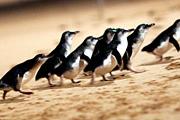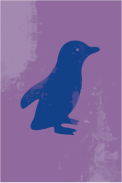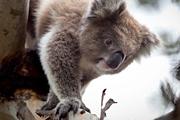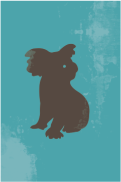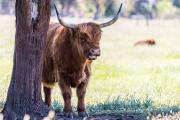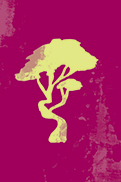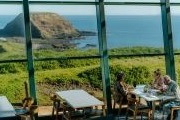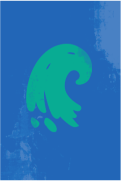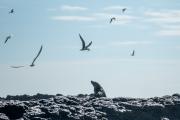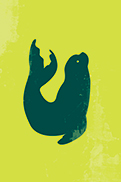Sharing Our Shores campaign a success for local wildlife
Sharing Our Shores campaign a success for local wildlife
A community campaign to protect local wildlife over the summer and Easter peak visitation period has assisted wildlife in nesting, resting and raising their young on the shores of Phillip Island (Millowl).
Sharing Our Shores aims to educate the community and visitors about the Island’s precious wildlife, so people and dogs don’t disturb nests or cause damage to habitats.
This year 14 pairs of breeding hooded plovers on Phillip Island produced eight healthy chicks at two major flocking locations, Cape Woolamai and Summerland Beach.
As part of the education campaign, local school children took part in a poster design competition, with the brief to create a poster that encourages all beach users to foster respect for their local beaches and wildlife.
After a tough selection process, four winners were chosen.
• Isla McKenzie – Cowes Primary School – winner Prep
• Isla Johnson – Newhaven College – winner grade 1 and 2
• Isla Thompson – Cowes Primary school – winner grade 3 and 4
• Lucie Martinez – Cowes Primary School – winner 5 and 6
Grade five and six winner Lucie Martinez, said:
“I entered the competition to show the importance of sharing our shores and to protect the wildlife like Hooded Plovers, here at Phillip Island.”
Phillip Island Nature Parks Community Engagement Officer Sarah Hain said the success of the campaign showed how invested the Phillip Island community is in safeguarding local wildlife.
“We have signed nesting areas so people know to stay away from those spaces,” Ms Hain said.
“Simply keeping to the designated paths and having your dog on a lead makes a huge difference in ensuring the survival of these special birds.”
Vulnerable hooded plover shorebirds nest above the high tide line and in sand dunes during spring and summer, making their eggs and chicks vulnerable to being stepped on because they are well camouflaged. They can also nest on open sand.
The migratory short-tailed shearwaters breed in sand dune burrows over the summer months, while the red capped plover nest in open sand in a shallow depression.
The Sharing Our Shores campaign also helped educate people about the Island’s fur seals, who usually reside on Seal Rocks, but will often lie on beaches to rest or moult, especially over the summer months when seal pups have been weaned and are fending for themselves.
To view the winning entries please visit https://www.penguins.org.au/about/localcommunity/
news/sharingourshores/
The winning entries will be incorporated into next summer’s campaign.





